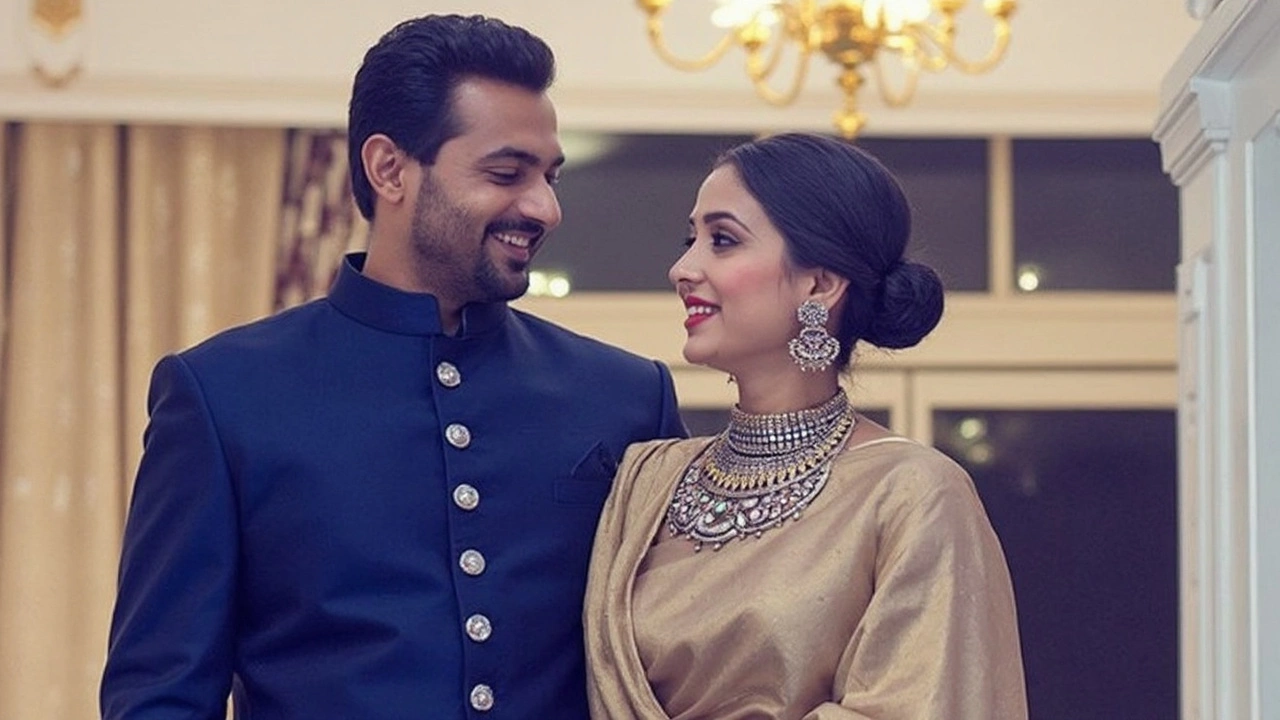Interfaith Marriage: A Practical Guide for Mixed‑Faith Couples in India
Falling in love across faith lines feels amazing, but it also brings a handful of questions. How do you handle legal paperwork? What about family expectations? This guide breaks down the biggest hurdles and gives you simple steps to turn that love story into a smooth wedding.
Legal Basics You Need to Know
India offers a few legal routes for interfaith couples. The most common is the Special Marriage Act (SMA), which lets you marry without converting religions. You’ll need to give a 30‑day notice at your local marriage registrar, and both partners must be at least 21 (for men) or 18 (for women). During the notice period, anyone can object, so be ready for a few awkward conversations.
If you prefer to follow one of your religions, you can convert before the wedding. Conversion is legal, but it should be genuine—courts have struck down “quick” conversions meant only to bypass the SMA. Talk with a trusted priest or imam, and keep all certificates safe; they’ll become part of your marriage documents.
Family, Culture, and Everyday Life
Most of the stress comes from families. Start the conversation early, share why you love each other, and listen to concerns without getting defensive. Showing respect for each other’s festivals, food, and rituals goes a long way. Simple gestures—like cooking a traditional dish for a relative’s birthday—signal that you’re serious about blending cultures.
When it comes to kids, decide ahead of time how you’ll raise them. Some couples choose to expose children to both religions, letting them pick later. Others pick one faith for major rites and keep the other as a cultural backdrop. The key is agreement; unclear expectations often lead to tension down the road.
Financial planning can also be a minefield. If families expect dowries or gifts, discuss what feels comfortable for you both. Transparency keeps misunderstandings at bay and helps you build a solid financial foundation together.
Finally, lean on communities that support interfaith couples. Online forums, local meetup groups, and even wedding planners who specialize in mixed‑faith ceremonies can offer advice, vendor contacts, and moral support when you need it.
At the end of the day, an interfaith marriage works the same way any marriage does—communication, respect, and shared goals. Knowing the legal route, preparing for family reactions, and setting clear expectations for culture and finances will make your journey smoother. So take a deep breath, enjoy the planning, and remember that love across faiths is more common than you think. Your story can be the next success story that inspires others.
Sagarika Ghatge Opens Up About Interfaith Marriage with Zaheer Khan
Sagarika Ghatge and Zaheer Khan's interfaith marriage faced discussions around religion, but for them, personal values mattered more. Despite external conversations, Sagarika's open-minded family warmly embraced the relationship, valuing mutual respect and compatibility. Their union in 2017 and parenthood journey in 2025 underscore a strong partnership based on shared values and individuality.
